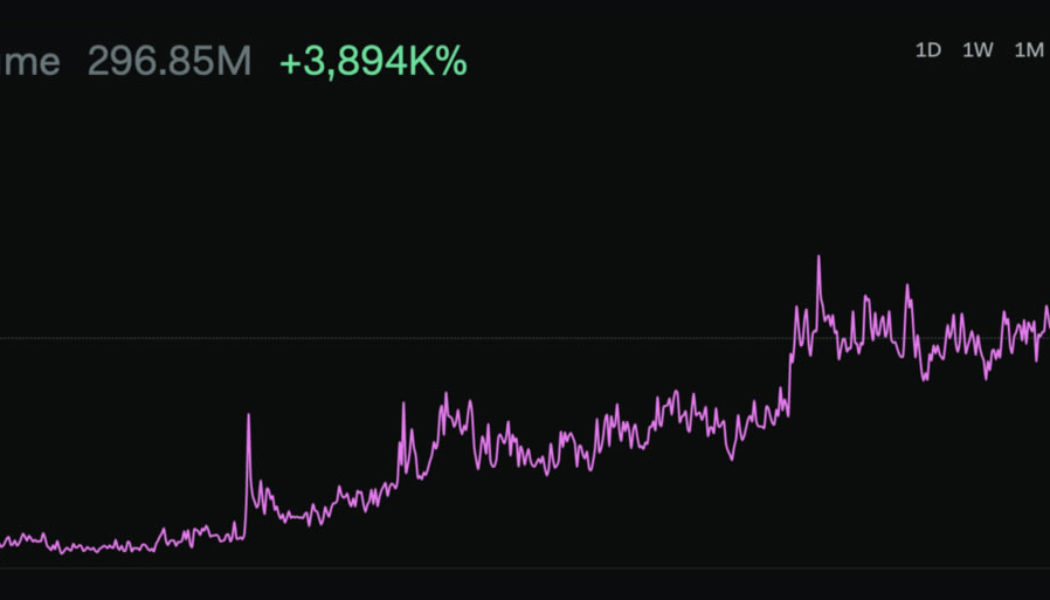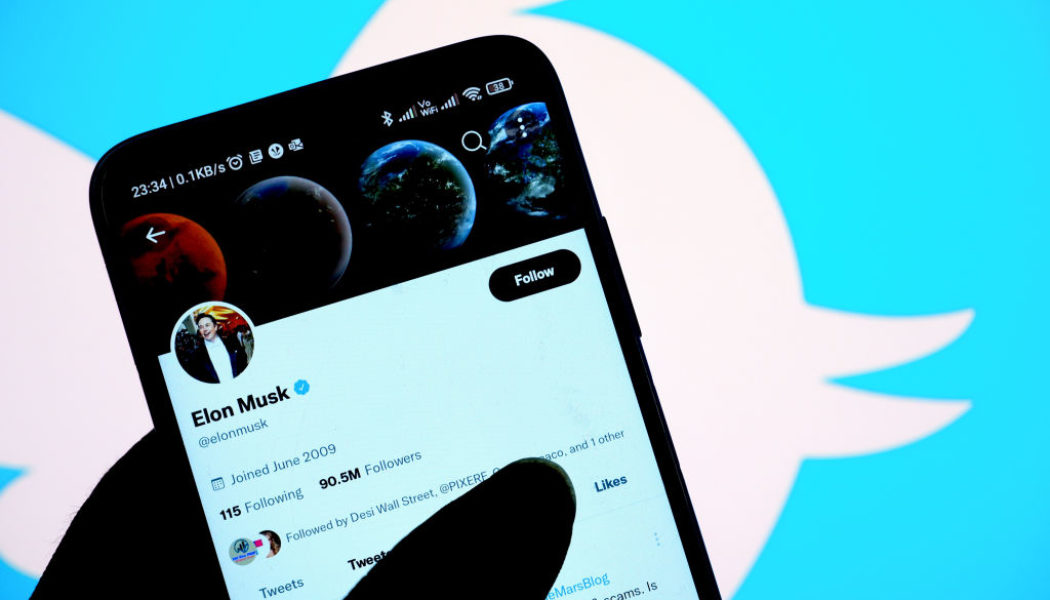Elon Musk Says Twitter ‘Actively Resisting’ Terms of Merger Deal, Threatens Termination
In a letter sent to Twitter Monday morning, an attorney for Elon Musk wrote that the company “is actively resisting and thwarting his information rights” in regards to a dispute over spam accounts, and threatened to terminate the deal. The letter, sent by a lawyer for Skadden, Arps, Slate, Meager & Flom, follows a weeks-long back and forth between Musk and the company regarding how many active users of the service are real people, as opposed to bots or spam accounts. Musk, who declined due diligence early in the process, has since requested further data from the company, and also tweeted that the deal was “on hold,” although behind the scenes work appears to have continued since then. The letter says that the company sent over information to...
Crypto spam increases 4000% in two years: LunarCrush
Spam and bots have been the bane of anyone that uses the internet for years, but recently this digital scourge has ramped up activity in the crypto sector in a big way. Crypto intelligence provider LunarCrush has revealed spam in the cryptosphere has increased by an astonishing 3,894%. The firm has been collecting crypto-specific social data since 2019, and says not only is spam at an all-time high, it’s also “the fastest growing metric on social media.” The findings were published in a May 25 report, stating that “more spam accounts than you would think are actually people.” For this reason, it is often a challenge for software to detect and flag spam. Spam Volume collected by LunarCrush over the previous 2 years Twitter is the social media platform of choice for the crypto industry...
Why decentralized messaging apps will replace today’s social media platforms
The Russian government has cracked down on foreign social media platforms such as Instagram, Facebook and Twitter, banning them for extremist activists. For protestors, activists and local civilians, these actions have resulted in a significant barrier to communication with the outside world. Furthermore, they have also raised the question of just how easy of a target these apps are for state authorities. With citizens unable to access these platforms, they have little choice but to flee to the next-best still active platforms. However, it isn’t just Russian activists who have taken to alternatives. Consider, for example, Telegram, a cloud-based instant messaging service that has quickly become a place for sharing war footage and other content that may have otherwise been blocked on ...





















